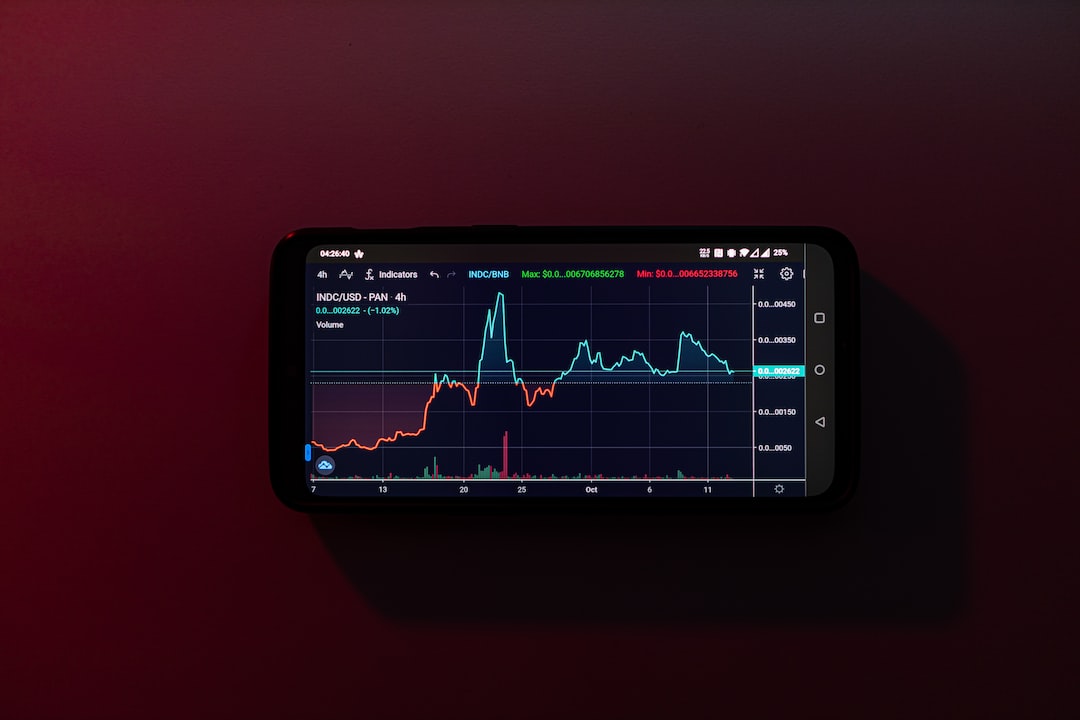Moscow Exchange to Issue Real Estate Digital Assets in 2024
The Moscow Exchange, Russia’s largest exchange, has announced its plans to issue blockchain-based digital assets for housing and real estate by 2024. The exchange is currently in talks with housing and development companies to initiate this operation next year. Sergei Kharinov, the director of digital assets for the platform, believes that these instruments will make it easier for both qualified and unqualified investors to invest in construction and real estate projects.
Benefits for Investors and Developers
By offering digital assets, the Moscow Exchange aims to provide a new investment opportunity for a wider range of investors, including those with smaller budgets. Additionally, real estate developers and builders can benefit from raising funds directly from investors, diversifying their financing sources beyond traditional bank loans.
Issuance Format and Partnerships
It is likely that the digital assets will be issued as monetary claims against the issuer who owns square meters of real estate. The Moscow Exchange is partnering with real estate developer Samolet Plus to launch these digital investments. General Director Denis Kondrakhin believes that this product will attract a wide range of investors interested in real estate investments.
Previous Attempts and Regulatory Framework
The Moscow Exchange is not the first institution in Russia to explore issuing blockchain-based digital assets for housing and real estate. Previous issuances have been conducted by Samolet Plus and another company called G Group. These digital assets are already regulated and can only be issued by approved financial institutions such as Sberbank of Russia, Alfa Bank, Atomize, Lighthouse, St. Petersburg Exchange, and Blockchain Hub.
Hot Take: Real Estate Digital Assets Expand Investment Opportunities
The Moscow Exchange’s plans to issue real estate digital assets in 2024 will revolutionize the investment landscape in Russia. By leveraging blockchain technology, these assets will provide a convenient and accessible way for both qualified and unqualified investors to diversify their portfolios with real estate investments. This move also benefits developers, who can now raise funds directly from investors, reducing their reliance on traditional financing options. Overall, this development marks a significant step towards democratizing real estate investments and fostering economic growth in the country.





 By
By
 By
By
 By
By

 By
By
 By
By